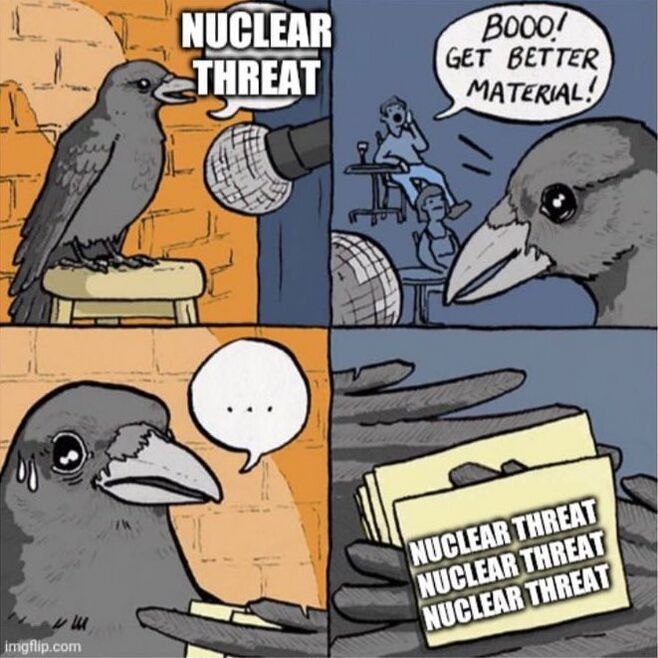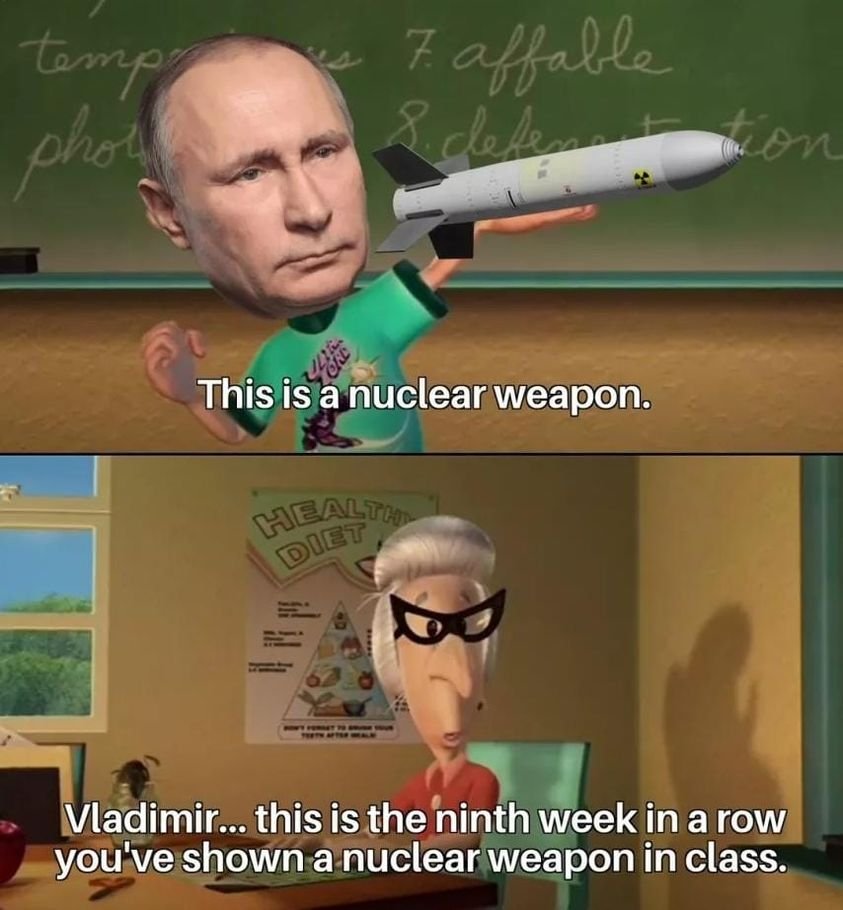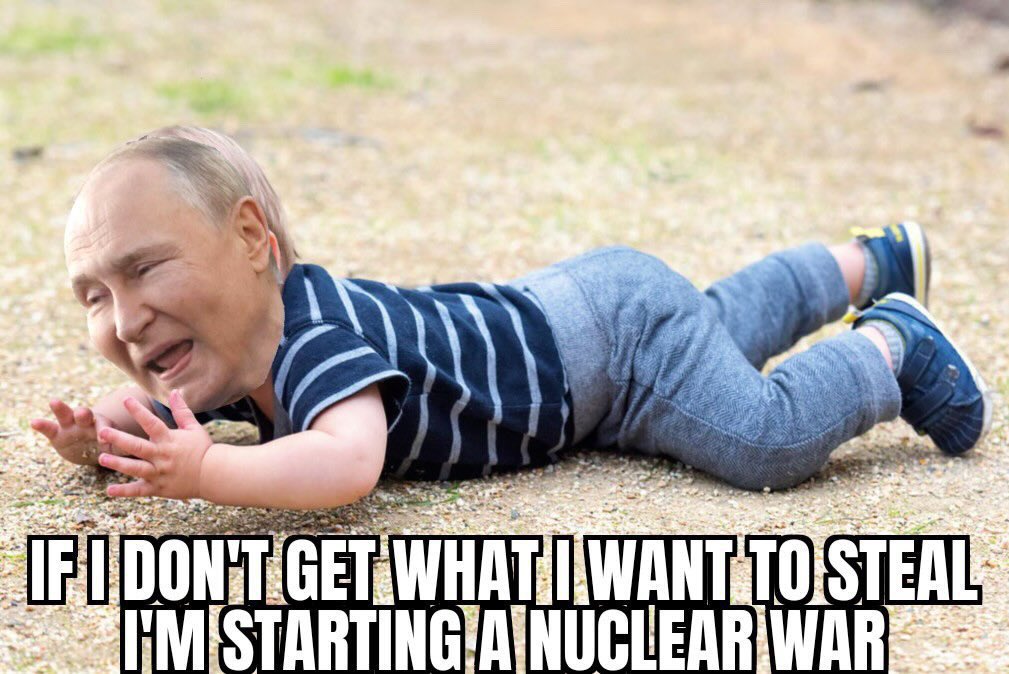In today's #vatniksoup, I'll introduce a German journalist and documentarist, Hubert Seipel. He's best-known for creating several propaganda pieces on Vladimir Putin, for downplaying Putin's atrocities, and for receiving money from a Russian oligarch without disclosing this.
1/17
1/17

Let's start with the obvious - Hubert Seipel, a German "Russia expert", received at least 600 000 EUR in undisclosed offshore payments from companies linked to an oligarch Alexei Mordashov, a person very close to Vladimir Putin.
2/17
2/17

This money was paid to him in installments, and it was allegedly paid to support his work on two books about Putin. Both of these books portray the Russian president in a very positive light. The second book was actually titled "Putin's Power: Why Europe Needs Russia".
3/17
3/17

A handwritten note by Seipel suggests that a similar contract was done for his 2013 Putin biography. These transfer were discovered from the so-called Cyprus Confidential files, consisting of 3,6 million leaked documents dating from the mid-90's to April 2022.
4/17


4/17


After the documents were leaked, Seipel has admitted to receiving the money as "sponsorship", which was generously and secretly offered by the oligarch with no strings attached, although this appears to stretch both plausibility and the definition of sponsorship.
5/17
5/17

Seipel didn't disclose any of these payments to his publisher or his other employers. Mordashov, who made the payments to him has been under Western sanctions since 2022. In a 2021 radio broadcast, he denied receiving money from Russia in return for favourable reporting.
6/17
6/17
In 2009, Seipel started working on a documentary on Russia's energy giant, Gazprom. This provided him access to key personnel of Gazprom like its Deputy Chairman, Alexander Medvedev, and Russian oligarch Alexander Lebedev.
7/17



7/17



Produced around the same time as Russia's invasion of Georgia, the documentary shows a positive image of the company and emphasizes the importance of business cooperation between Russia and Europe.
To be fair, Seipel wasn't afraid to criticize Putin at this point, either.
8/17
To be fair, Seipel wasn't afraid to criticize Putin at this point, either.
8/17

During the production, he also met with Putin, and this seemed to be a stepping stone for Seipel into Putin's inner circle.
Between 2011 and 2012, Seipel accompanied Putin for months for the documentary, "Ich Putin – ein Porträt".
9/17
Between 2011 and 2012, Seipel accompanied Putin for months for the documentary, "Ich Putin – ein Porträt".
9/17
The documentary is a powerful propaganda piece that portrays Putin as the macho man the way he was often described as in the Western media. It shows Putin practicing judo, playing hockey, going on hunting trips and visiting troops in remote areas like Siberia.
10/17
10/17
Seipel conducted the first televised interview with NSA whistleblower Edward Snowden, which was broadcast on German, publicly-funded network ARD in Jan 2014.
Snowden was also featured in Glenn Greenwald's 2014 documentary Citizenfour:
11/17

Snowden was also featured in Glenn Greenwald's 2014 documentary Citizenfour:
11/17
https://twitter.com/P_Kallioniemi/status/1626978477583761409

In Nov 2014, after the annexation of Crimea, Seipel did a controversial interview with Putin. He was criticized for violating journalistic standards by conducting an extremely one-sided and biased interview, and some even blamed him for supporting Russian state propaganda.
12/17


12/17


Next year in his book "Putin: Innenansichten der Macht" he criticized the German term "Putin-Versteher" (Putin-understanders), which refers to people who support Putin's imperialistic endeavours in regions and countries like Chechnya, Georgia and Ukraine.
13/17
13/17

In 2021, after Biden referred to Putin as "a killer", Seipel said that the Democrats liked to blame Putin for Trump's victory in 2016, suggesting that Russia didn't interfere (despite overwhelming evidence that shows otherwise) with the 2016 US presidential election.
14/17
14/17

During the same interview, when asked about the poisoning of opposition figure Navalny, he claimed that the evidence that the order came from the Kremlin "is not as clear as it is written," and that other parties have Novichok, too. Navalny was indeed poisoned by the FSB.
15/17



15/17



On 24 Feb 2022, @ARD_Presse invited him to talk about the war. They discussed how "Putin feels threatened by NATO's eastward expansion," a classic Kremlin narrative that was used to justify Russia's genocidal war. Weeks before, he also said Russia wouldn't invade Ukraine.
16/17


16/17


To conclude: We know have solid evidence of Kremlin's influence operations on prominent Western journalists. Incidentally, Mr Seipel himself has said that the money he received "didn't affect his independence as a journalist."
Why not disclose it then?
17/17
Why not disclose it then?
17/17

More about Putin's "economic war" here:
Sources: @ZDFfrontal, @BadBalticTakes
All soups:
Support my work: bylinetimes.com/2023/01/20/rus…
vatniksoup.com
buymeacoffee.com/PKallioniemi
Sources: @ZDFfrontal, @BadBalticTakes
All soups:
Support my work: bylinetimes.com/2023/01/20/rus…
vatniksoup.com
buymeacoffee.com/PKallioniemi
• • •
Missing some Tweet in this thread? You can try to
force a refresh
































